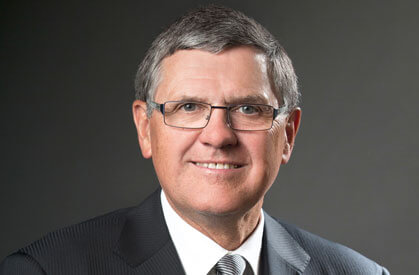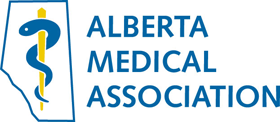Doctors will step up – but we need the right support
January 30, 2015

Dear Member:
Just before the New Year I wrote of the combined challenge of government, patients and the profession to stabilize the health care system from a number of perspectives. These include: policy; funding; human and other capital; expectations and responsible use; and governance. Stability is a necessary precursor, both to sustainability and to ensuring that we get the most value out of every health dollar.
The response from the profession was very positive. Many of you wrote about how seriously you already take your role as stewards of public resources. Even more importantly, you provided suggestions about ways to augment that role.
Your responses told me that the profession will continue to step up in taking responsibility for utilization of system resources. You also told me, though, that we need to be supported by having real input into system priorities and strategies, access to information and data analytics and payment and incentives that are aligned with system objectives of providing quality and timely care to patients.
The positive response I received mirrored the response from a survey of section presidents and others that we conducted about a year ago. The survey was designed to identify specific areas to improve the appropriateness of health service provision in ways that could improve efficiency while maintaining or improving quality of care.
The response was in some ways overwhelming, with a high rate of participation and 113 unique and forward-thinking suggestions. The initial use of this information was to support the development of an Alberta-based initiative aligned with the national Choosing Wisely Canada campaign, as well as some specific projects related to the ordering of radiological services.
In the coming months, you will see more use of the survey information. Working with Alberta Innovates Health Solutions, the Alberta Medical Association, Alberta Health and Alberta Health Services are requesting a more detailed review of the 113 suggestions as a base for improving appropriateness within the system. Specific proposals that may be developed will be reviewed with sections, strategic clinical networks and primary care organizations such as primary care networks. We will be asking questions such as:
- What are the high volume services with a wide variation in terms of practice?
- What information might be useful to physicians and patients?
- What other supports are necessary, including data analytics?
- How can payment be aligned, including concepts such as shared savings?
We need a range of strategies and ideas. Information-based initiatives such as Choosing Wisely are key to making better decisions about health care, but I question how effective they can be on their own. In my view, Choosing Wisely and similar approaches must be aligned with other strategies like those in the paragraph above, including those around aligning payment models with the way care is being delivered. Data analytics are equally important – and I don’t just mean broad, province-wide approaches, but support for real-time analysis relevant to a physician’s patient population. This is where we need to go.
A good example of what I am referring to was contained in a Globe and Mail letter by Calgary physician Dr. Nick Mohtadi, which can be found here. Discussing the opportunities related to MRI, he identifies both a “system gap” and a “knowledge gap” and describes strategies to deal with both. He goes on to note that “… incentives tied to provincial benchmarks for efficient use of public resources could add motivation for training.”
In general, we need a multi-pronged approach that is aligned with overall system objectives. The spirit and intent of the AMA Agreement between government and the AMA are in sync with this approach. There are also opportunities to build on this foundation, bringing physician expertise more into the decision-making process. What I have heard recently from AMA members reinforces what I have always believed, that physicians are willing partners in efforts to make a good system even better.
Your comments are always welcome. Email president@albertadoctors.org or leave a comment below.
Regards,
Richard G.R. Johnston, MD, MBA, FRCPC
President

No comments
Commenting on this page is closed.